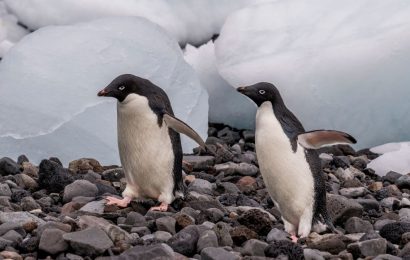The US geochemist who helped popularize the term “global warming” has died last month in New York at the age of 87
Wallace Smith Broecker initiated key research into the history of the Earth’s climate and humans’ influence upon it and he was one of the first scientists to predict an imminent rise in the Earth’s temperature due to human output of carbon dioxide.
Broecker died on February 18th in New York, at 87 year old, and the cause was congestive heart failure, his death being confirmed by Columbia University’s Lamont-Doherty Earth Observatory, where he spent his career of almost 67 years as a professor.
His body of work focused on the relationship between oceans, climate, and geological time. In 1975, he published a paper that was focused on the connection between carbon dioxide and temperatures around the world: “Climatic Change: Are we on the Brink of a Pronounced Global Warming?”. He was also credited with introducing the phrase “global warming” into the scientific lexicon, meanwhile, his studies along the years helped lay the basis for many other scientists’ work in a variety of fields.
In the 1980’s he told world leaders that the growth of greenhouse gases in the atmosphere will soon require actions be taken, because the climate system could dramatically change at any time and have devastating results. Then later in 2009 he got vocal about the global warming issue, stating in different interviews:
“I base my fears for the future not on what’s happening, but the fact what physics tells us that if we put these gases in the atmosphere we’re going to warm the planet. If we’re wrong about that, then we are out in left field on everything.”
“I don’t like the idea of a technological solution any more than anyone else does but I’m saying that unless we have a technological solution CO2 is going to keep on going up.
But not long before he died, he had a final warning for humanity urging scientists to consider deploying a last-ditch geoengineering solution to global warming, a massive solar shield In the Earth’s atmosphere: “If we are going to prevent the planet from warming up another couple of degrees, we are going to have to go to geoengineering.”
He received the National Medal of Science in 1996 and was a member of the National Academy of Sciences. He also received the Vetlesen Prize in 1987 and the Tyler Prize for Environmental Achievement in 2012.



